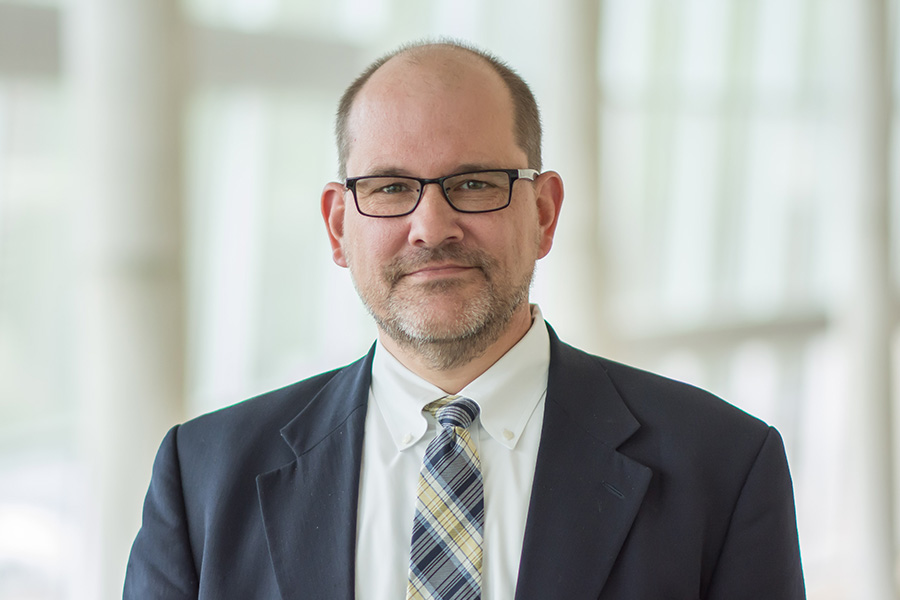Pathometabolism Postdoc Training Program
Our Pathometabolism Training Program offers broad-based training that combines molecular, cell biological, immunological, and metabolism to investigate comprehensively mechanisms of disease caused by bacteria and their interactions with the host.
This multidisciplinary approach not only provides a strong foundation in infectious disease research, but also enhances the graduate experience through introduction to cutting-edge research. The primary goal is to produce well-trained scientists to address the future needs of infectious disease research in academic, industrial, or government settings.
The program provides state-of-the-art training in basic science relevant to infectious diseases with particular emphasis on metabolic and metabolomic aspects of bacterial pathogenesis and pathogen-host interactions.
From the Directors

Rey Carabeo, PhD, Co-Director
The faculty members of the Pathometabolism Training Program at UNMC, with nationally and internationally recognized expertise in Staphylococcus aureus, Chlamydia trachomatis, Coxiella burnetii, and Francisella tularensis, provide broad-based and in-depth training to the next generation of independent scientists with expertise in metabolism, metabolomics.
The program takes advantage of our department’s strength in bacterial pathogenesis research.

Paul Fey, PhD, Co-Director
It is rigorous and supported by excellent infrastructure, including core facilities that serves the genomic, proteomic, metabolomic, super-resolution imaging, and next-generation sequencing requirements of the trainees. In addition, the program enjoys institutional support, fosters collaborative research, and promotes inclusion and diversity.
Our program is actively engaged in promoting a comprehensive and rigorous training that critically evaluates student progress while simultaneously instilling confidence to students as they progress to become independent scientists.
Our Program Strengths
Trainees enter the Immunology, Pathology, and Infectious Diseases Graduate Program or the Interdisciplinary Graduate Program in Biomedical Sciences and decide to join one of 11 research groups after rotations.
Eleven principal investigators have research programs that incorporate metabolism and/or metabolomics in addressing mechanistic and biological bases of bacterial infection and pathogen-host interactions.
- Ken Bayles, PhD
- Amanda Brinkworth, PhD
- Rey Carabeo, PhD
- Sujata Chaudhari, PhD
- Stacey Gilk, PhD
- Marilynn Larson, PhD
- Scot Ouellette, PhD
- Lisa Rucks, PhD
- Dhananjay Shinde, PhD
- Vinai Thomas, PhD
Features of the Program
Students who join one of the laboratories in the Program will receive a state-of-the-art education oriented towards in bacterial pathogenesis and host interaction with increasing emphasis in microbial and host cell physiology, metabolism, and metabolomics as they progress through the course curriculum and their research projects.